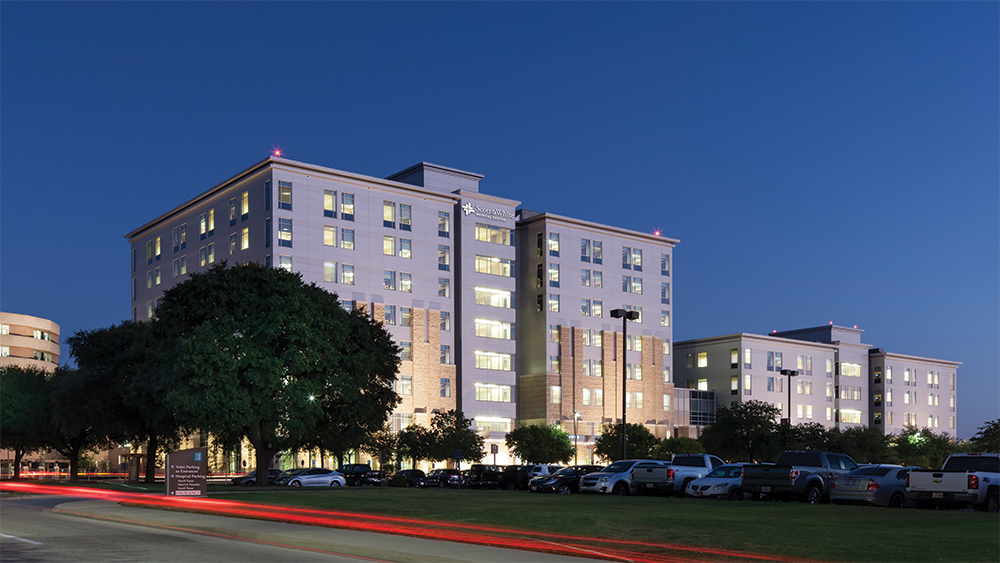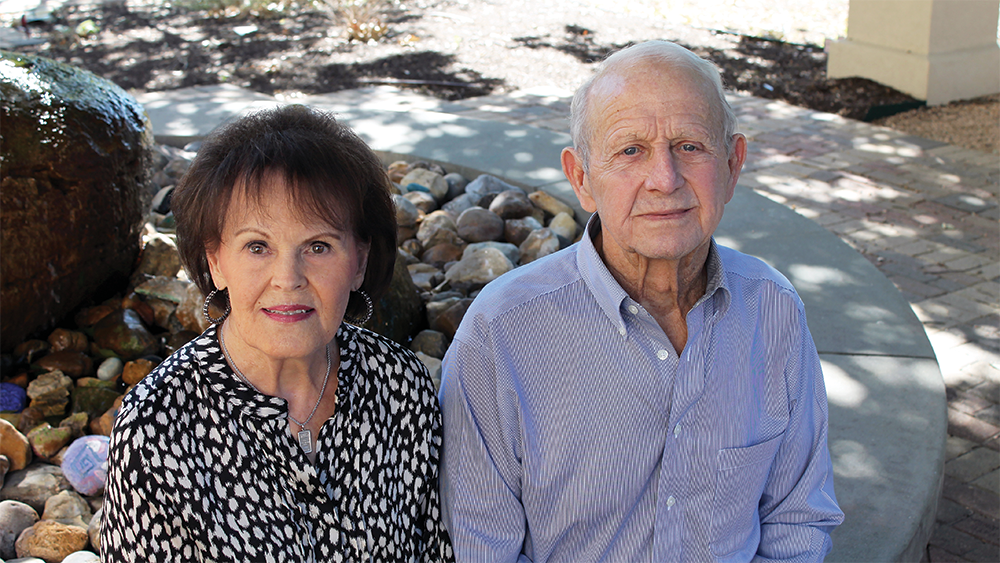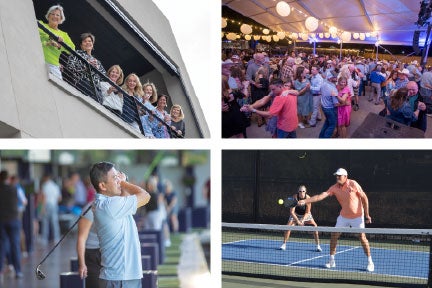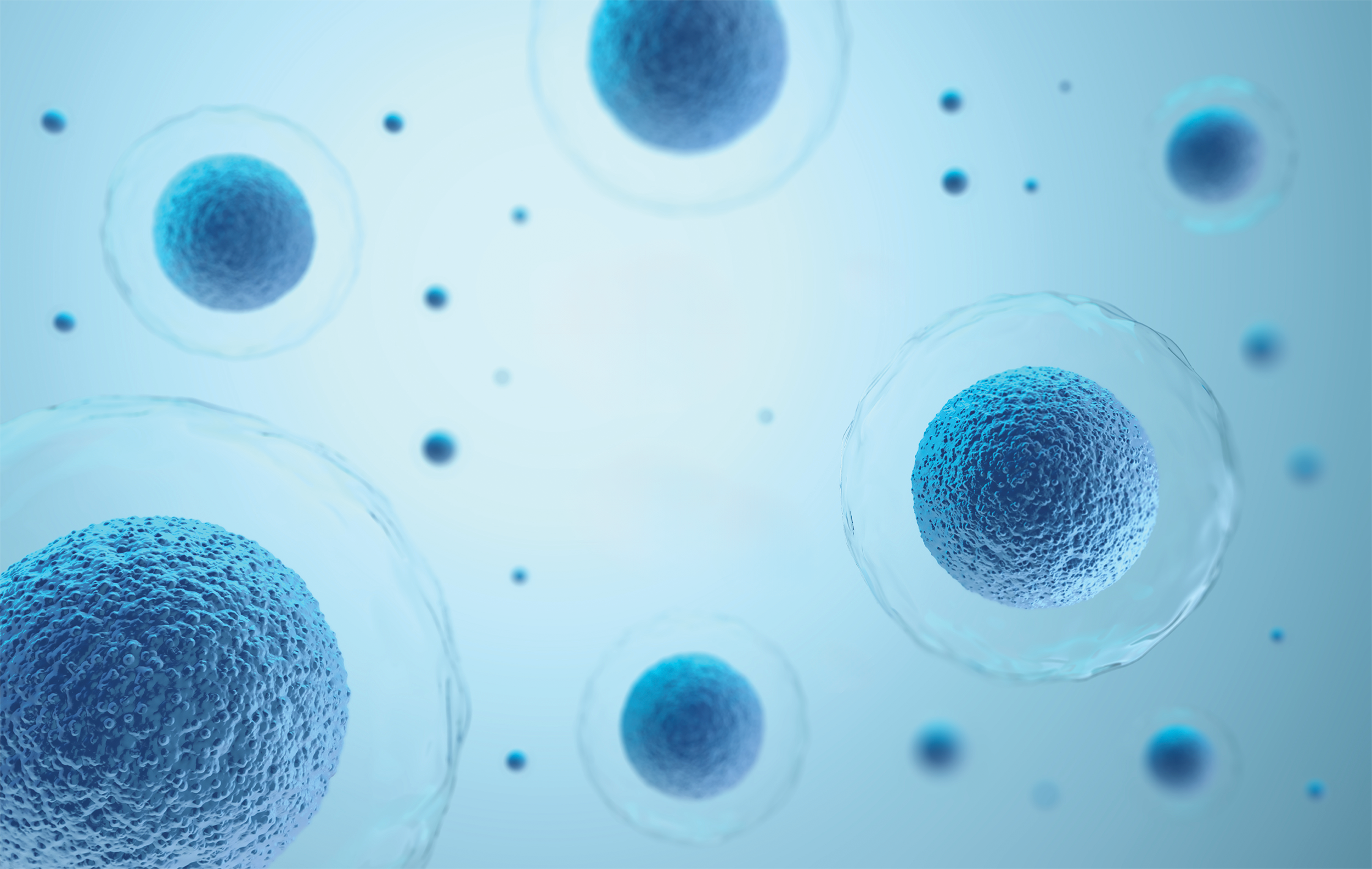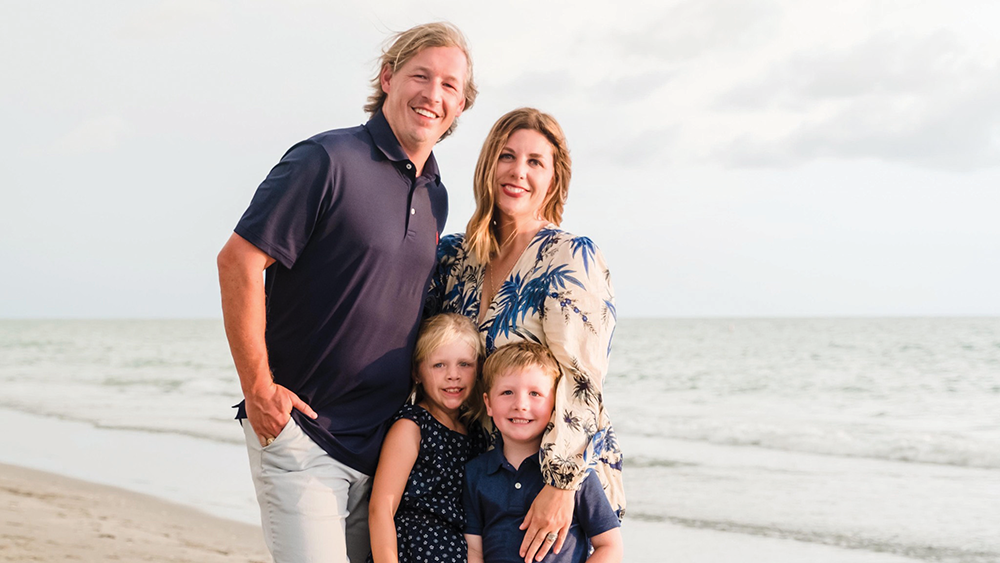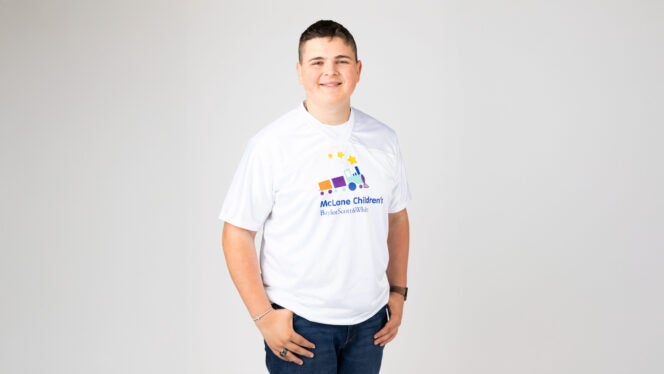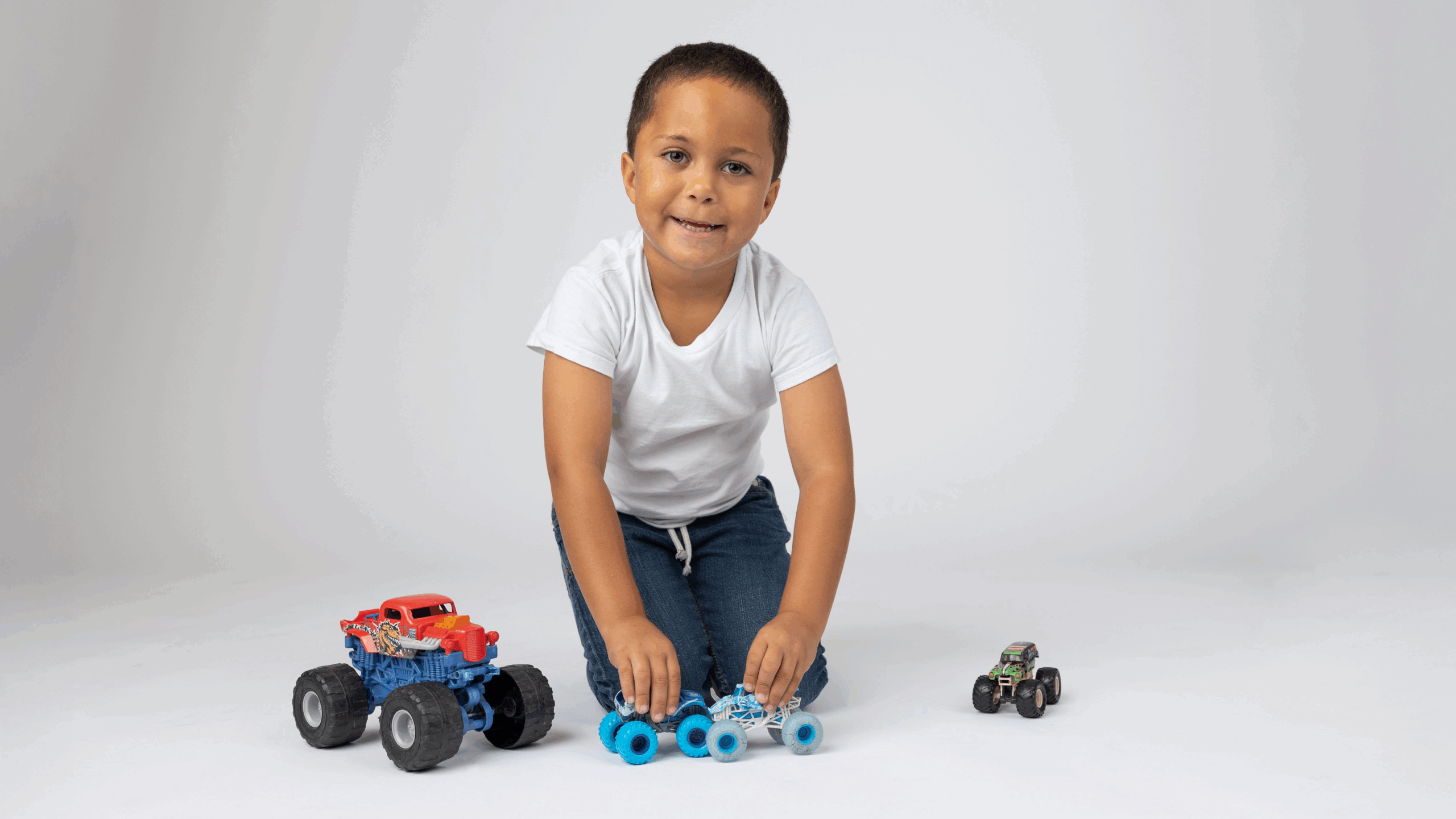Abe Cox was just 13 months old when he was hit by a car and brought by helicopter to Baylor Scott & White McLane Children’s Medical Center, where he would spend the next 21 days on life support.
Abe had skull fractures, a brain bleed, seven broken ribs, damaged lungs and liver and spleen contusions. Though sedated, he was able to grip his parents’ fingers and respond to his name.
Then Abe’s lungs collapsed. Even with ventilators, he still couldn’t get enough oxygen. Doctors began to prepare to put Abe on ECMO, an advanced form of life support that takes over the function of the heart and lungs. However, one final medication helped open up Abe’s lungs, and he was able to tolerate the ventilator again.
“We watched him fight for every breath for 21 days,” said Abe’s mother, Nicole. “The days were so long with many ups and downs, but every minute was a gift as we watched him heal.”
Unable to have many visitors because of the risk of exposure, Nicole said the team at McLane Children’s became the family’s support system. “I remember crying on the floor many times, and they picked me up,” she said. “They took care of Abe, but they were extra special in loving on us as parents experiencing our worst moment.”
Due to his injuries and all the tubes and wires, Abe’s parents were unable to hold him while he was on life support. “We were camped out next to the bed, with a hand on him at all times,” Nicole said. “When he was finally able to breathe on his own and they took off the ventilator, we cried so many happy tears holding him for the first time since the accident.”
Having been immobile for so long, Abe had lost most of his muscle memory. Through several weeks of inpatient and outpatient rehab, Abe learned how to take a bottle, feed, hold his head up, crawl and eventually walk again.
“Giving back actually helps me cope with my own trauma around the accident. I can’t save lives like the staff at McLane Children’s, but I can stock a care cart to make things just a little easier on families, or I can fundraise for the hospital to buy equipment. We are all, in our own way, ABLE to make a difference.”
Nicole Cox
Now, Abe is 6 years old with no known lasting effects from the accident. “He’s running around doing karate kicks, playing soccer and just living his best life,” Nicole said. “We don’t ever take that for granted. Before, we were kind of living for tomorrow, but now we truly appreciate every day. We go on trips and do all the fun things, and we are making memories today.”
During his stay in the hospital, “Abe is able” quickly became the family’s mantra, reminding everyone around Abe to have hope. The Cox family later founded the ABLE Foundation to support the hospital and help other families experiencing their worst moments.
“Giving back actually helps me cope with my own trauma around the accident,” Nicole said. “I can’t save lives like the staff at McLane Children’s, but I can stock a care cart to make things just a little easier on families, or I can fundraise for the hospital to buy equipment. We are all, in our own way, ABLE to make a difference.”
The ABLE Foundation provides the Care Cart at McLane Children’s that features toys, toiletries and other comfort items for families in the hospital, participates in the annual holiday toy drive and has donated equipment to the NICU and physical therapy departments.
“Abe is our miracle,” Nicole said. “McLane Children’s saved our family, and we are so grateful every day.”
